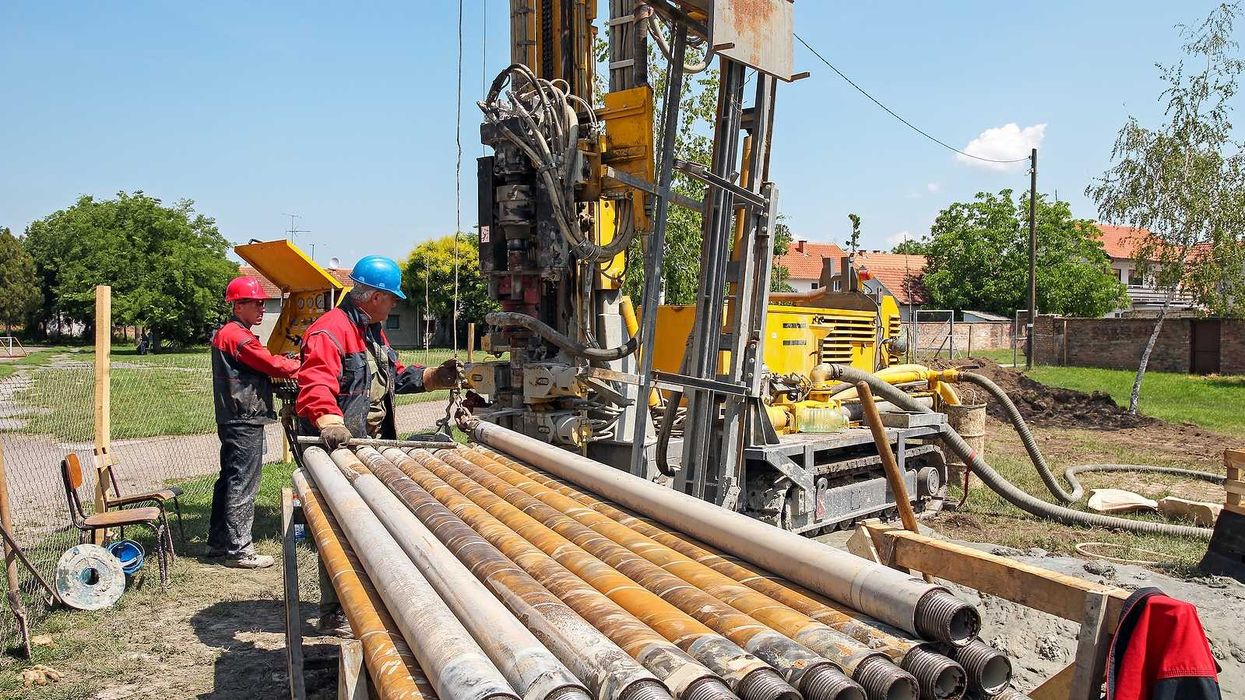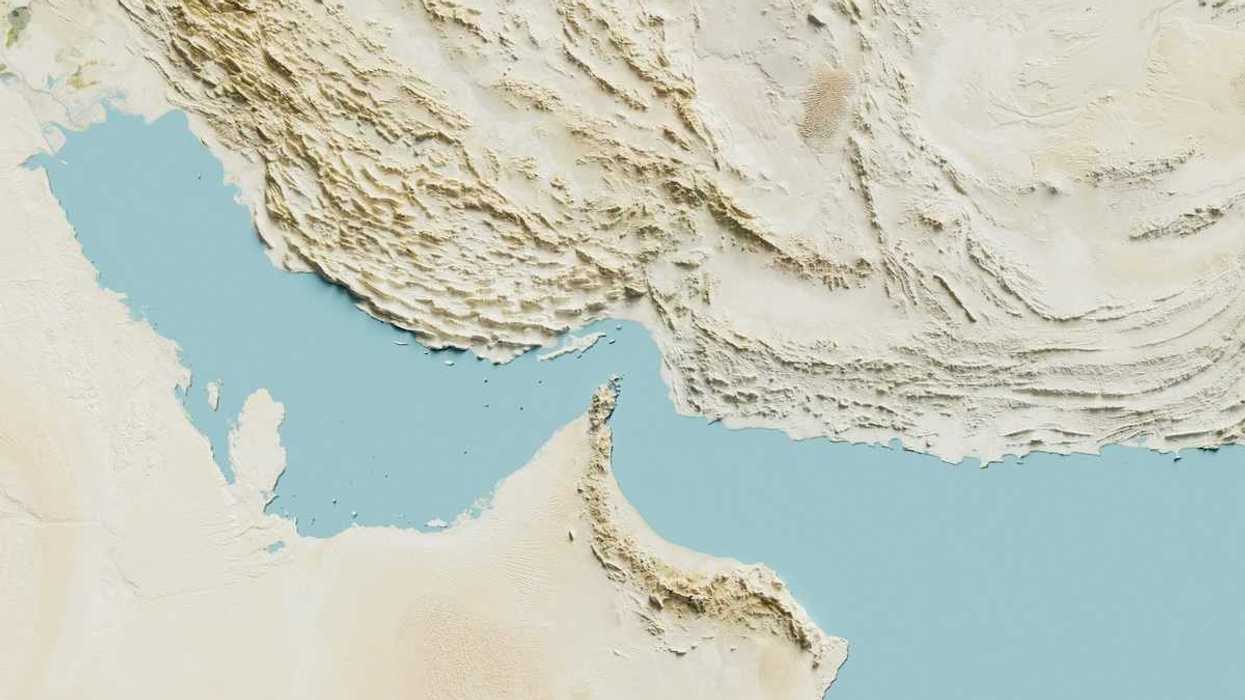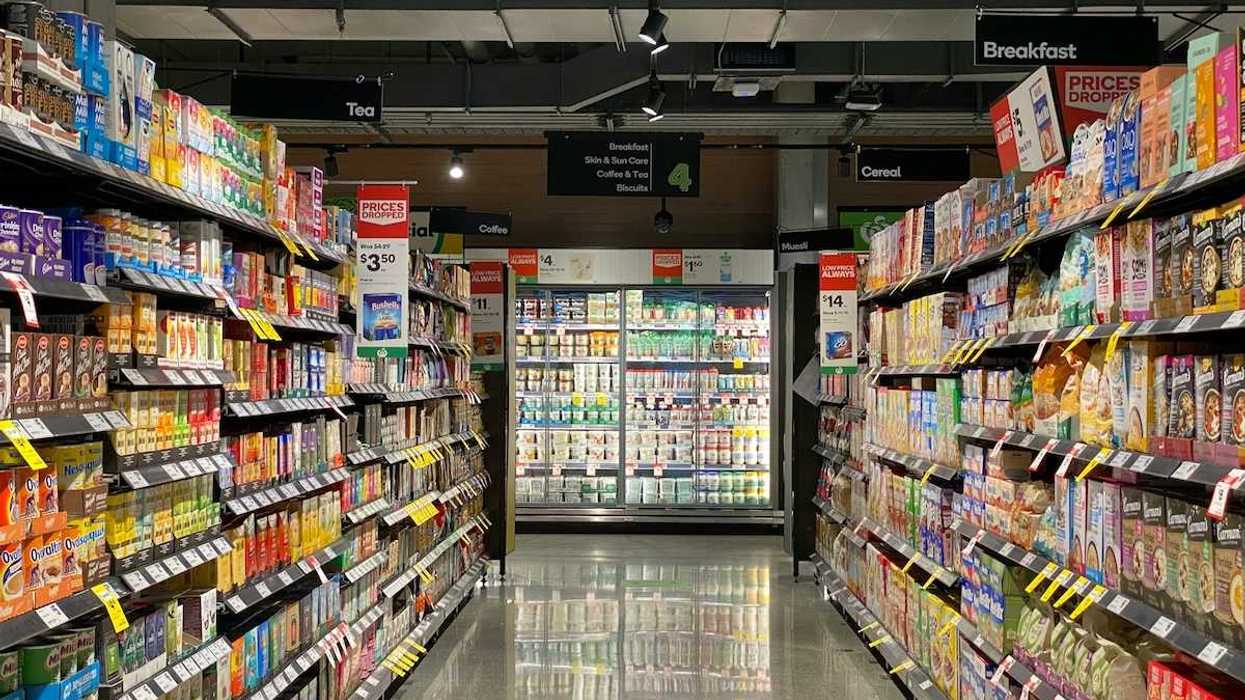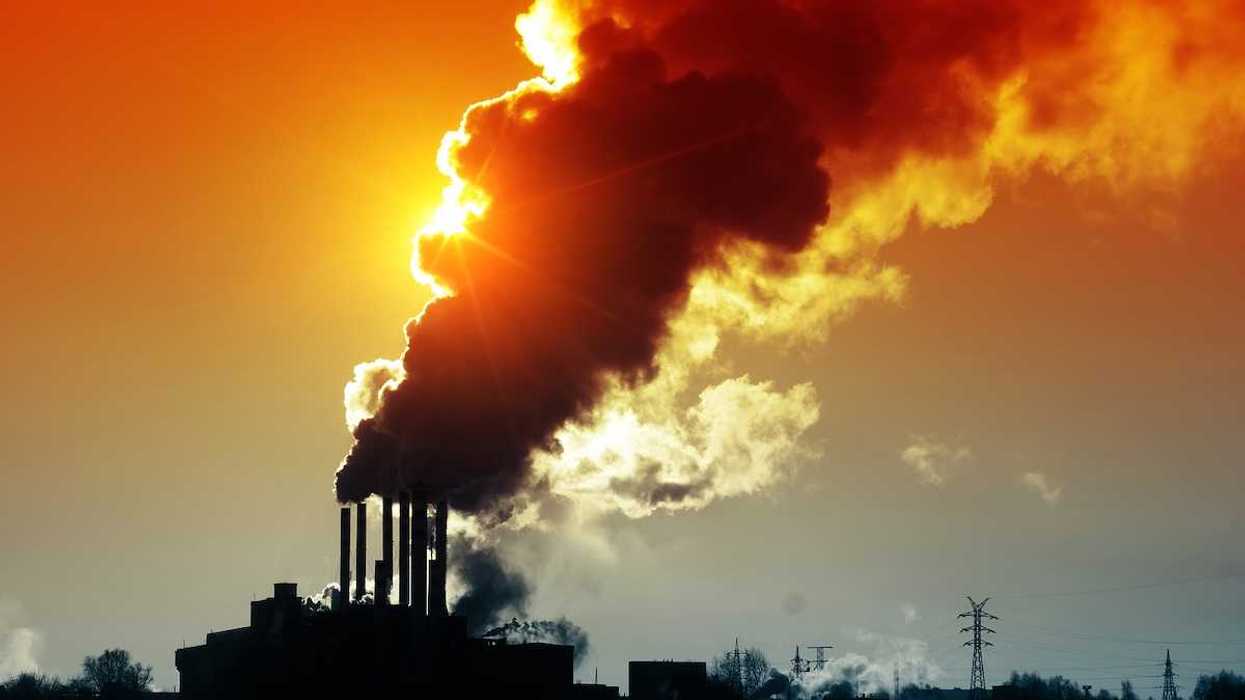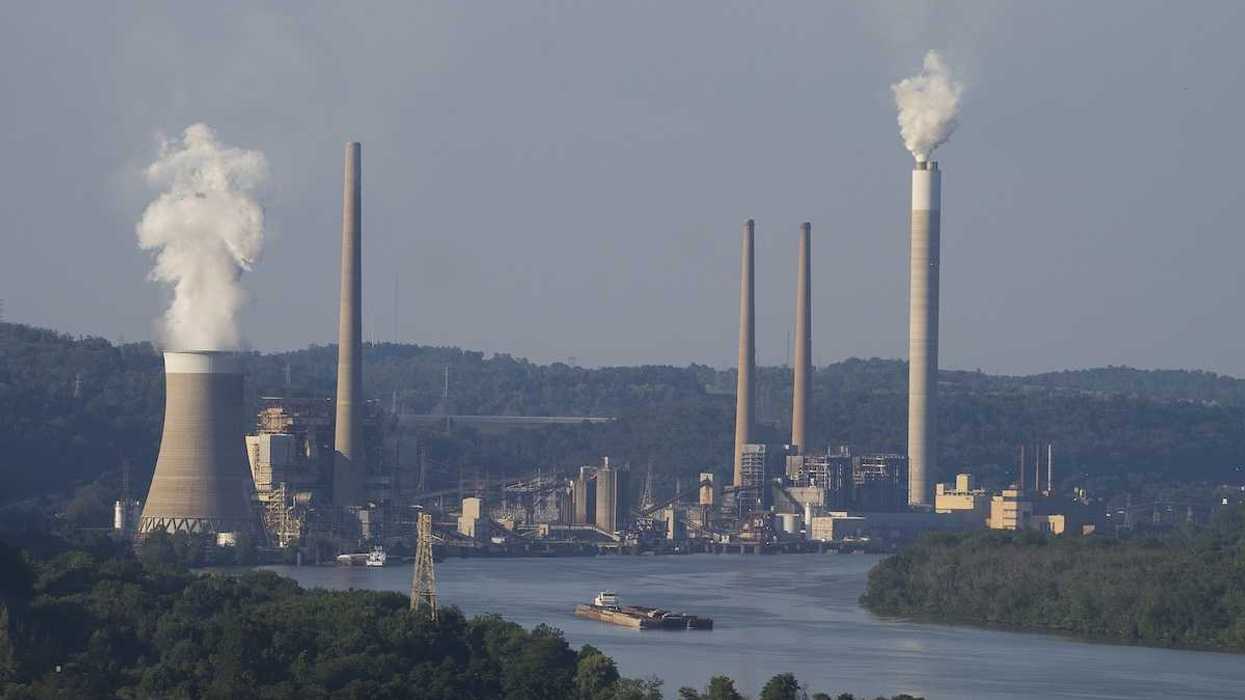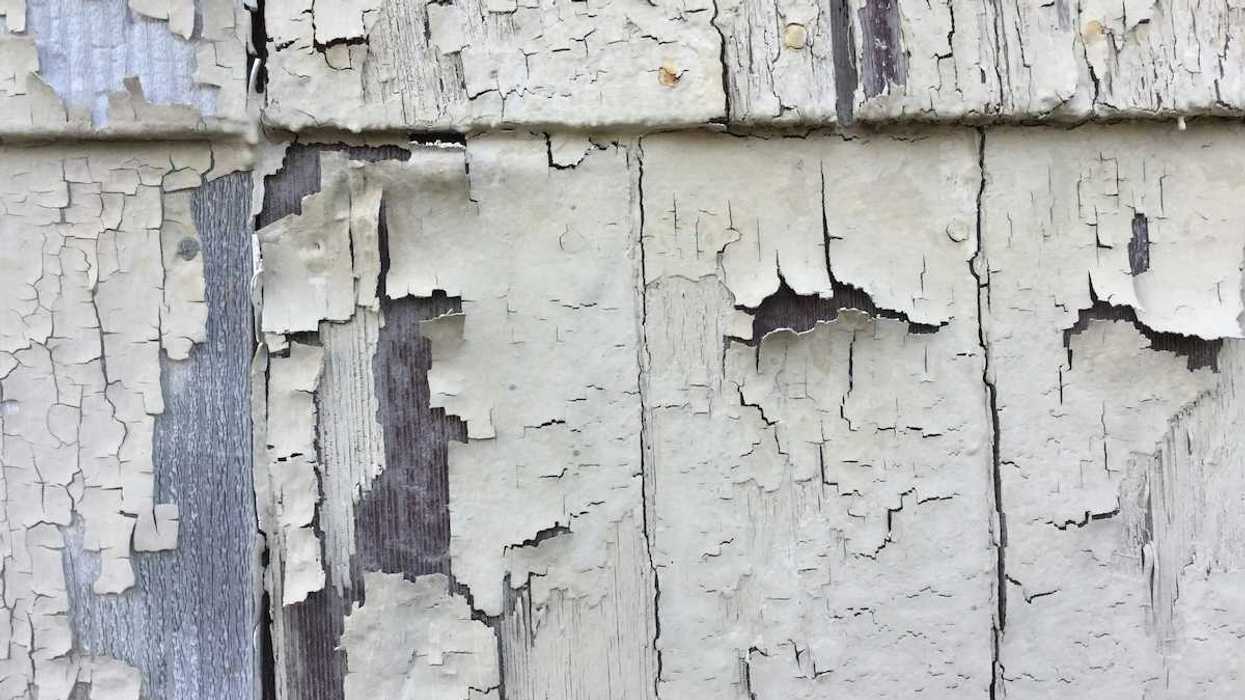Children in Bangladesh are suffering severe health consequences from lead exposure linked to widespread informal battery recycling operations.
In short:
- An estimated 35 million Bangladeshi children — 60% of the country’s total — have dangerously high levels of lead in their blood, often due to informal recycling of electric rickshaw batteries.
- Factories that dismantle and melt lead batteries in open air contaminate local environments, causing long-term damage to soil, water, and health in nearby communities.
- Efforts to regulate these factories face legal setbacks and alleged corruption, with public health experts warning the crisis could worsen without immediate action.
Key quote:
"They break down old batteries, remove the lead, and melt it down to make new ones. They do all this in the open air. The toxic fumes and acidic water produced during the operation pollute the air, soil and water."
— Mitali Das, environmental watchdog Pure Earth
Why this matters:
Lead poisoning is especially dangerous for children, causing irreversible neurological damage, developmental delays, and lower IQ. In Bangladesh, informal battery recycling has surged with the growth of electric rickshaws, now a staple form of transport across the country. These operations often burn or melt down used batteries in unregulated, open-air settings, releasing toxic fumes and runoff into surrounding neighborhoods and farmland. Local communities report poisoned soil, vanishing crops, and rising illnesses. Without interventions, the economic pressure to electrify, coupled with weak environmental oversight, creates a public health time bomb.
Related:


